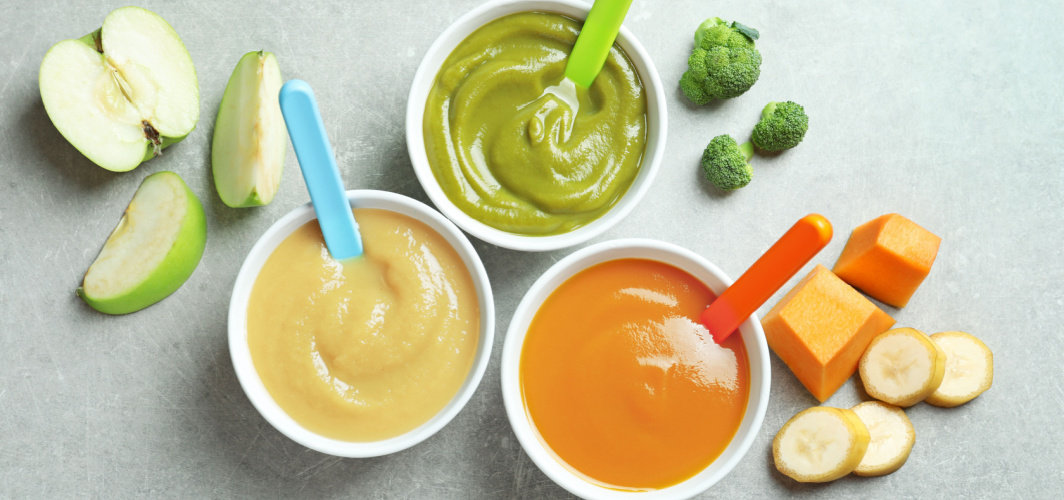- Home
- Blog
- Mom & Baby Care
Can Drinking Coffee During Pregnancy Be Harmful To The Baby's Health?
Mom & Baby Care
Can Drinking Coffee During Pregnancy Be Harmful To The Baby's Health?
By Apollo 24|7, Published on- 08 February 2023, Updated on -08 November 2024
Share this article
0
2 likes

Feeling stressed, tired or sleepy? A cup of coffee can fix it all. However, this fix may not be that convenient for pregnant women. Anything a pregnant woman consumes either directly or indirectly affects their baby. Several studies suggest that excessive coffee intake during pregnancy may affect the baby. But, how much is too much? Read on to know how much coffee is safe throughout the gestational (pregnancy) period.
How Does Coffee Affect Your Baby During Pregnancy?
Caffeine can pass through the placental barrier, thus passing from the mother to the unborn baby. However, unlike adults, a foetus lacks the enzymes required to metabolise caffeine, hence it is exposed to the caffeine and its metabolites for a longer period as compared to the mother. Prolonged exposure to caffeine can affect the growth and development of the baby.
In a recent study, scientists compared the infants of pregnant women who consumed caffeine with the infants whose mothers had minimal to no caffeine in their bodies during pregnancy. It was found that the former group gave birth to babies who were 85 g lighter, 0.17 inches shorter and 0.11 inches smaller in head circumference than the latter group.
Although the relationship between pregnant women taking caffeine and incidents of miscarriage is not clear, doctors recommend that pregnant women should limit their caffeine consumption to about 200 mg (approximately 2 cups) a day during their entire gestation period.
Decaf Coffee and Pregnancy
Although caffeine is not an established teratogen (factors that can affect your pregnancy), it is suggested to limit your consumption to less than 2 cups of coffee a day. If you find it extremely difficult to limit, then it is suggested to drink decaf coffee, which is said to have lesser amounts of caffeine content in it as compared to a cup of black coffee.
FAQs
1. Is there a possibility of miscarriage due to drinking coffee?
There are no clear results on the effects of coffee on pregnancy. However, doctors advise the consumption of less than 2 cups of coffee a day.
2. Is black coffee good during pregnancy?
Decaf coffee should be preferred more than black coffee during the pregnancy period as black coffee has a higher amount of caffeine.
3. How much decaf coffee can one drink during pregnancy?
About 2 cups or 200 mg of decaf coffee a day is considered safe to consume during pregnancy.
4. In which trimester can coffee be consumed?
Coffee can be consumed throughout the pregnancy, however, you can consult your healthcare provider if you have any concerns.
5. Is coffee OK during the third trimester?
You must consult your healthcare provider before adding any new food or beverage to your diet as it may affect the unborn baby.
Thus, though there is no established research to display the effect of drinking coffee on the birth height of a baby, experts have suggested that it is better to limit the drinking of coffee, just to be on the safer side. For more information,
Consult An Apollo Gynaecologist
Medically reviewed by Dr Sonia Bhatt.
Services
Mom & Baby Care
Leave Comment
Services
Recommended for you

Mom & Baby Care
A Guide For Parents On When And How To Introduce Solid Foods To Their Baby
The article highlights signals that a baby is ready for solid foods, such as adequate head and neck control, and includes tips on how to guarantee proper nutrition, such as introducing a varied range of textures and foods.

Mom & Baby Care
Tips and Tricks for Newborn Care in First 30 Days
A Baby’s birth is a time for joy, celebration, and learning for first-time parents. The first 30 days are very fragile and special for the mother and newborn baby. Taking care of newborns is essential, especially during the first month of life. According to World Health Organization (WHO), in 2020 2.4 million children died in the first month of life globally.

Mom & Baby Care
Ways to Keep Your Mother's Health in Check
Our mothers spend most of their time caring about everyone else while dismissing and neglecting their health problems. Although we cannot repay her, we can certainly take care of her, as mothers are often at risk of a variety of health conditions as they age, including menopause, bone diseases, heart problems, and even breast cancer. #ApolloPharmacy #MothersHealth #GiftOfHealth #Mother’sDay #GiveMomABreak
Subscribe
Sign up for our free Health Library Daily Newsletter
Get doctor-approved health tips, news, and more.

